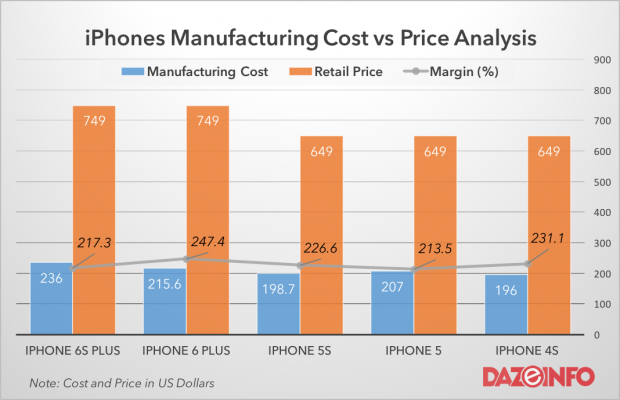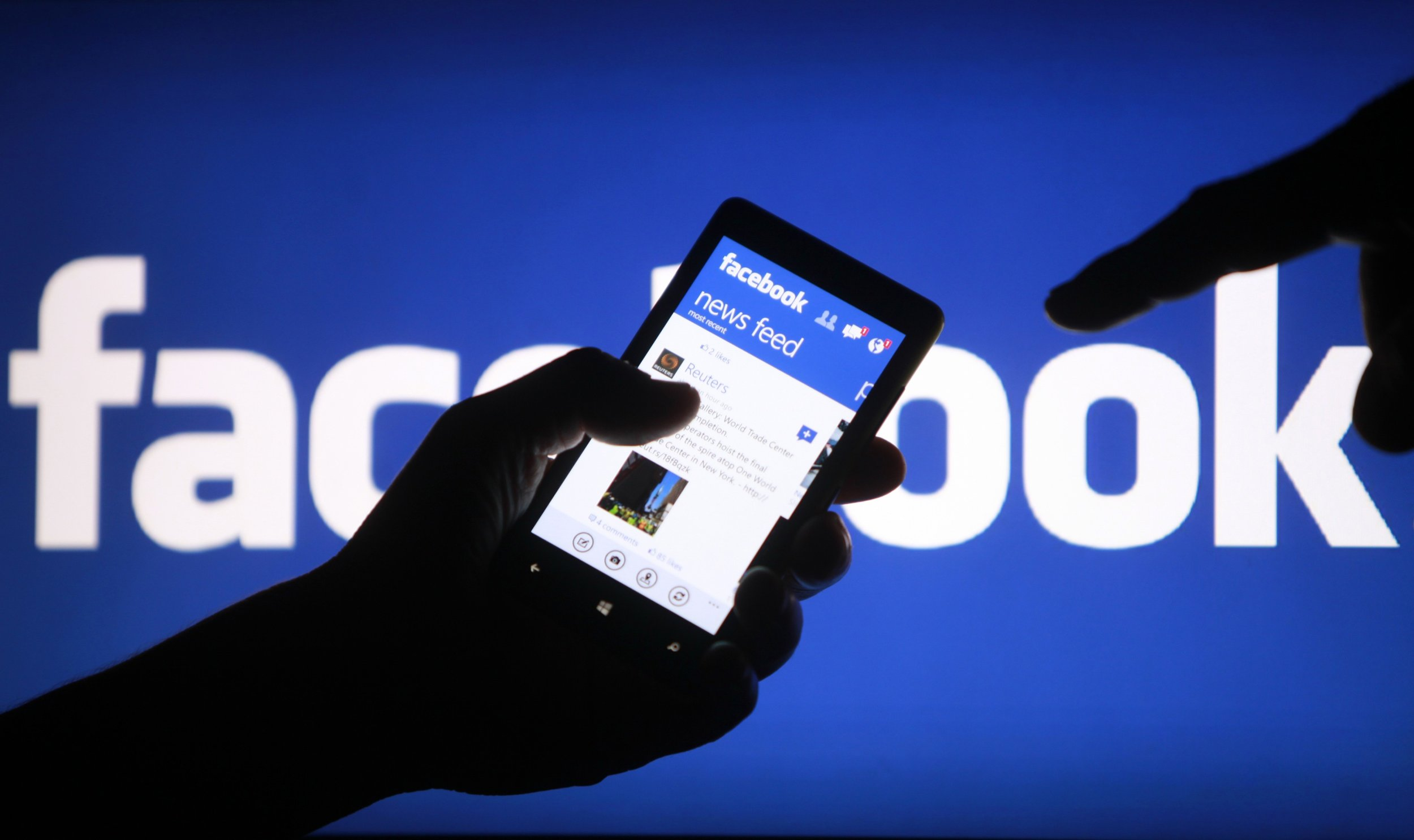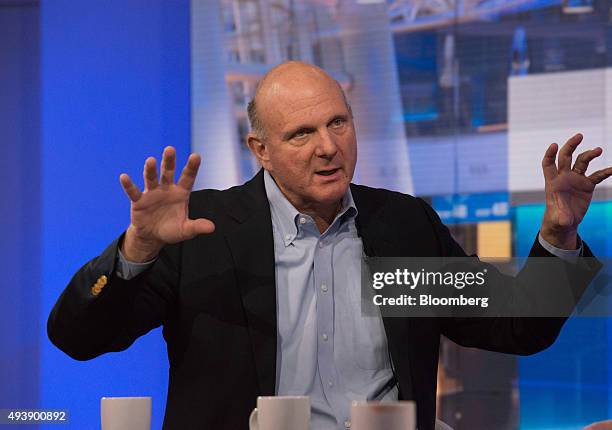In a revealing segment of the recent Steve Ballmer Microsoft interview with Bloomberg, the former CEO candidly addressed challenges posed by tech giants like Apple and Amazon. He recounted a bold moment in Microsoft’s history when Bill Gates chose to invest $150 million in Apple, a decision that many viewed as risky but ultimately impactful. Ballmer didn’t shy away from critiquing Amazon’s work environment, suggesting it falls short of what employees desire. During the discussion, he confidently asserted that Microsoft remains a formidable competitor to Apple, stating that they will “give them a good run for their money.” This interview not only sheds light on the past decisions of Microsoft but also provides insights into current rivalries with Microsoft competitors in the tech landscape.
In the recent Bloomberg dialogue featuring Steve Ballmer, the former Microsoft leader shares insights on the fiercely competitive landscape defined by firms like Apple and Amazon. He reflects on historical investments, notably the controversial decision made by Microsoft to support Apple during its financial turmoil. Ballmer’s commentary extends beyond investment history, as he critiques the work culture at Amazon, highlighting its shortcomings as a desirable workplace. His commitment to fostering competition, particularly with Apple, underscores Microsoft’s strategic direction in the tech arena. This interview serves as a deep dive into Ballmer’s perspectives on technology partnerships and rivalries.
Steve Ballmer’s Insights on Microsoft and Apple Rivalry
In a recent Bloomberg interview, Steve Ballmer, the former CEO of Microsoft, shared candid insights about the long-standing rivalry between Microsoft and Apple. He recounted the iconic moment in Microsoft history when the company invested $150 million in a struggling Apple, a decision that is now often viewed as controversial. Ballmer described this bold move as one of the craziest decisions in Microsoft’s past, highlighting how it exemplified the unique dynamics of competition in the tech industry. With Apple’s resurgence following Steve Jobs’ return, Ballmer’s remarks shed light on the lengths Microsoft once went to preserve competition, which has contributed to the tech landscape we see today, marked by both competition and collaboration among major players.
Ballmer’s comments also touch upon the competitive edge Microsoft aims to maintain against Apple. He stated during the interview, “Microsoft will give them a good run for their money,” indicating his belief that Microsoft continues to evolve and adapt in challenges posed by Apple, particularly in hardware where Ballmer noted that very few rival companies have attempted to directly compete with Apple’s dominance. This underlines a critical aspect of the technology market where brand loyalty and innovation play vital roles in shaping consumer preferences and corporate strategies.
Furthermore, Ballmer emphasized that Microsoft has transformed its business model and product offerings to keep pace with Apple’s advancements, indicating that the tech giants are engaged in a relentless battle for market share. As technology evolves, so too does the approach that these companies take; Microsoft’s commitment to cloud services and artificial intelligence showcases its strategy to carve out significant competition in areas where Apple has not wholly penetrated. Ballmer’s perspective reflects a strategic mindset that considers competitive analysis in the evolving technology arena as crucial.
The reciprocal influence of Microsoft and Apple continues to generate speculation about what competitive tactics each company will employ moving forward. As both companies innovate, analysts keep a close watch on their product roadmaps and market strategies, further emphasizing the intense rivalry that keeps tech enthusiasts engaged.
Ballmer’s Bloomberg Interview Highlights Microsoft’s Diverse Strategies Against Rivals
Steve Ballmer’s recent remarks in his Bloomberg interview revealed important strategies Microsoft is employing to navigate competition with major rivals such as Apple and Amazon. He didn’t shy away from calling out Amazon’s workplace culture, contrasting it with Microsoft’s environment. By highlighting how former Microsoft employees reportedly return after trying their luck at Amazon, he painted a picture of an organization that recognizes the importance of employee satisfaction—something essential in retaining top talent in a competitive tech landscape. This perspective underscores a larger conversation about workplace values in the tech sector and how companies’ cultures can significantly impact recruitment and retention.
Ballmer’s comments offer insights into how Microsoft is positioning itself not only as a leader in software and services but also as a desirable workplace in the eyes of potential tech talent. His light-hearted yet critical remarks about Amazon suggested that while Microsoft faces challenges from competitors, its robust company culture remains a key differentiator. Investing in employee satisfaction and fostering a positive work environment makes Microsoft appealing to professionals who might otherwise consider joining Amazon or even startups focusing on innovative app and cloud services.
The Role of Investment Decisions: Microsoft’s Strategic Moves in Industry Competition
Investment decisions clearly play a pivotal role in shaping outcomes in the technology sector. During the Bloomberg interview, Ballmer referred to Microsoft’s historical investment in Apple as a strategically ‘crazy’ move that ultimately benefited both companies and the industry at large. This decision not only saved Apple from bankruptcy but also reinforced Microsoft’s relevance in a fast-evolving market landscape filled with fierce competitors like Amazon. This highlights how strategic financial decisions can sometimes risk diluting competitive strength but can also lead to significant collaborative benefits.
Revisiting Microsoft’s investment approach, it becomes clear that Ballmer’s tenure was characterized by an inclination towards bold moves. This rings particularly true when considering other ventures and collaborations within different sectors that Microsoft has undertaken since then. By investing in emerging technologies and companies, Microsoft continues to ensure its position as an industry leader, particularly against the backdrop of formidable competitors like Google and Amazon. The narrative surrounding these key investment decisions differs dramatically from how companies operate today, underscoring an era where strategic alliances can redefine market presence.
Frequently Asked Questions
What did Steve Ballmer say about Microsoft’s past investment in Apple during his Bloomberg interview?
In the recent Bloomberg interview, Steve Ballmer referred to Microsoft’s decision to invest $150 million in Apple as one of the craziest moves the company ever made. This investment was intended to help Apple avoid bankruptcy following Steve Jobs’ return to the company.
How does Steve Ballmer view the competition between Microsoft and Apple?
During the Bloomberg interview, Steve Ballmer expressed confidence in Microsoft’s ability to compete with Apple, stating, “Microsoft will give them a good run for their money.” He noted that there hasn’t been serious competition in hardware against Apple by other companies for quite some time.
What criticisms did Steve Ballmer make about Amazon in his interview?
In his Bloomberg interview, Steve Ballmer criticized Amazon’s work environment, indicating that it is not a desirable workplace. He claimed that many individuals who left Microsoft for Amazon often return within a year or two, highlighting dissatisfaction with the working conditions at Amazon.
How did Steve Ballmer describe the work environment at Amazon compared to Microsoft in his interview?
Steve Ballmer emphasized that Amazon is not an aspirational workplace. He contrasted this with Microsoft, where he mentioned that former employees who transitioned to Amazon typically came back after realizing they preferred the culture and environment at Microsoft.
What insights did Steve Ballmer provide on Microsoft’s competitors during his Bloomberg interview?
Throughout the Bloomberg interview, Steve Ballmer discussed Microsoft’s competitors such as Apple and Amazon, sharing his views on their strategies and market positions. He particularly noted the significant challenge posed by Apple in hardware while acknowledging that Microsoft continues to maintain a competitive stance.
Can you watch Steve Ballmer’s full Bloomberg interview online?
Yes, you can watch the full interview of Steve Ballmer with Bloomberg by visiting their official website or searching for the video on popular video platforms where interviews are hosted.
What other topics did Steve Ballmer cover in his Bloomberg interview?
In addition to discussing Microsoft’s investment in Apple and critiquing Amazon’s work environment, Ballmer also touched on various subjects regarding Microsoft’s competitive strategies and the current landscape of technology companies competing against Microsoft.
| Key Point | Details |
|---|---|
| Criticism of Apple | Ballmer emphasized that Microsoft’s past support of Apple was a significant and ‘crazy’ business decision. |
| Amazon Work Environment | He criticized Amazon, stating it is not an aspirational workplace and that many who left Microsoft for Amazon return within a year or two. |
| Microsoft’s Competitive Stance | Ballmer stated that Microsoft is well-positioned to compete with Apple, who currently does not face serious competition in hardware from other companies. |
| Investment in Apple | Referring to Bill Gates’ $150 million investment to help Apple at its time of crisis when Steve Jobs returned to lead the company. |
Summary
The recent Steve Ballmer Microsoft interview highlights not only the historical investments of Microsoft in Apple but also provides significant insights into the current competitive landscape. Ballmer’s candid remarks paint a picture of Microsoft’s strategic decisions and its perspective on Apple and Amazon, suggesting that Microsoft remains a strong competitor in the tech industry. The interview serves as a reminder of how past actions have shaped the present dynamics between these giants.








